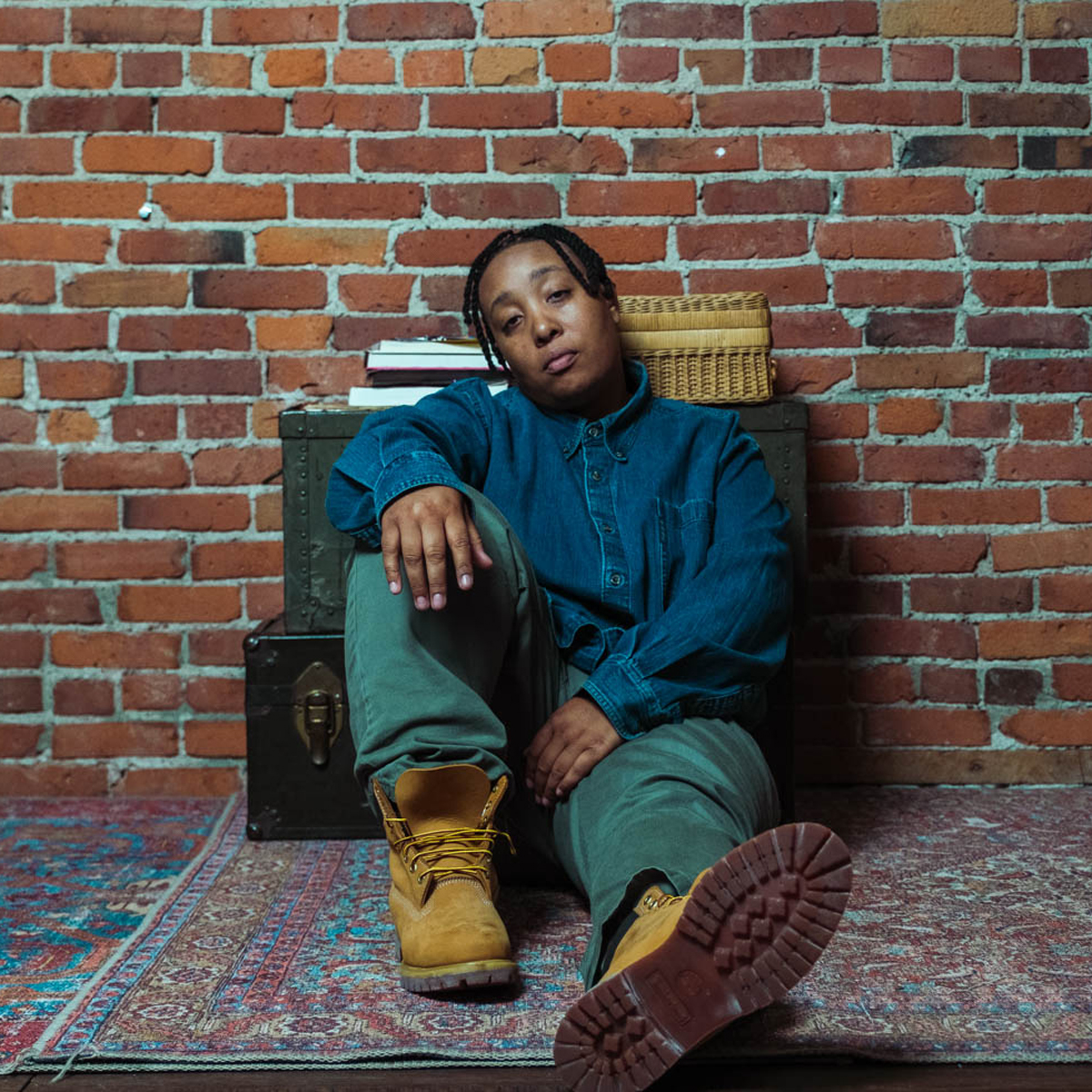Unlike other sectors, gig and contract workers in music are often left out of basic protections, including:
- Unemployment insurance
- Paid sick days
- Holiday pay
- Access to health benefits
Without these supports, Washington’s music workforce struggle to build sustainable careers, even as they generate cultural and economic value for communities across the state.
Income
Music Worker Average Annual Income by Industry
Support roles like Admin Support, Music Media, and Live Music Production saw double-digit gains. Retail & Manufacturing workers lost ground.
| Industry | 2019 | 2023 | 2019 → 2023 Percent Change |
|---|---|---|---|
| Production | $5,242 | $7,531 | 43.7% |
| Music Event Promoter | $10,014 | $12,793 | 27.8% |
| Retail and Manufacturing | $22,585 | $19,309 | -14.5% |
| Admin Support | $33,254 | $52,877 | 59.0% |
| Live Music Production | $9,989 | $15,772 | 57.9% |
| Creative Services | $8,523 | $11,701 | 37.3% |
| Distribution | $36,792 | $54,516 | 48.2% |
| Music Education | $12,719 | $19,024 | 49.6% |
| Music Media | $15,015 | $24,269 | 61.6% |
| Live Music Venue | $20,597 | $28,939 | 40.5% |
| Mixed Use Venue | $10,349 | $13,303 | 28.5% |
| Festivals | $4,792 | $11,012 | 129.8% |
Positive change Negative change
Sources Of Income
Workers — Sources of Income · Music industry income rose from 43.3% (2019) to 51.9% (2023); Non-Creative declined from 50.0% to 41.6%. 2023 shows 1.5% from grants and 5.0% from other sources.
Music industry income now makes up over half of total earnings for workers, but many still rely on outside jobs, grants, or other sources to make ends meet.

“I’ve spent over eight years in Washington music—managing breakthrough artists, producing festivals and workshops, and talent buying more shows than I can count. Yet our industry keeps people small instead of building national and global stars. I had to leave for Los Angeles just to get my artist the support he deserved, only making the Amazon Music connection once I left. If Washington wants to stop losing talent, we need to invest in real infrastructure—industry hubs, diverse media, and funding that values music as a true economic engine.”
Ryker
Artist Management at Oble Reed

